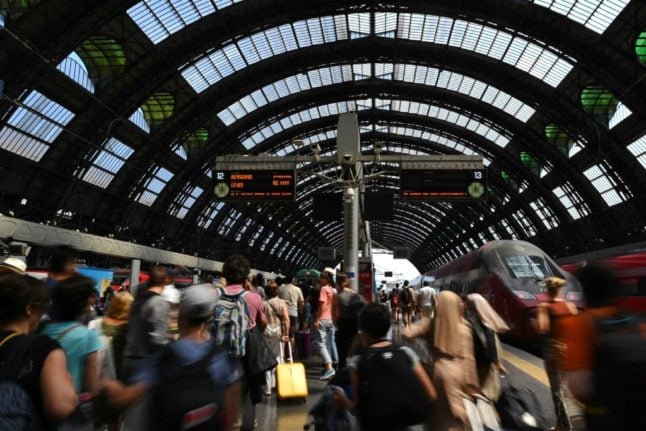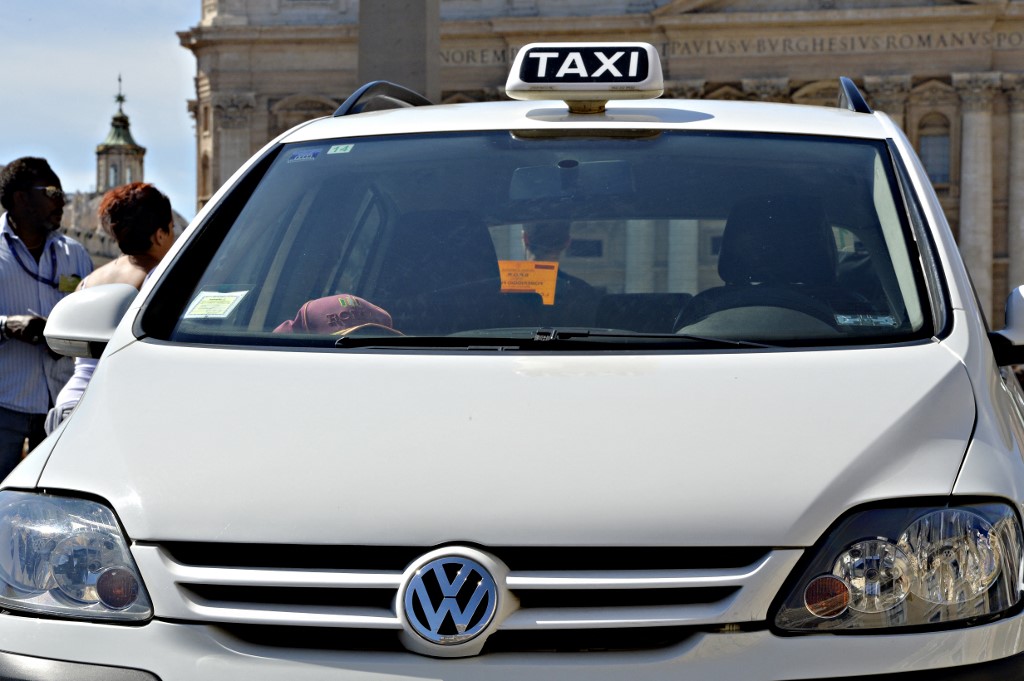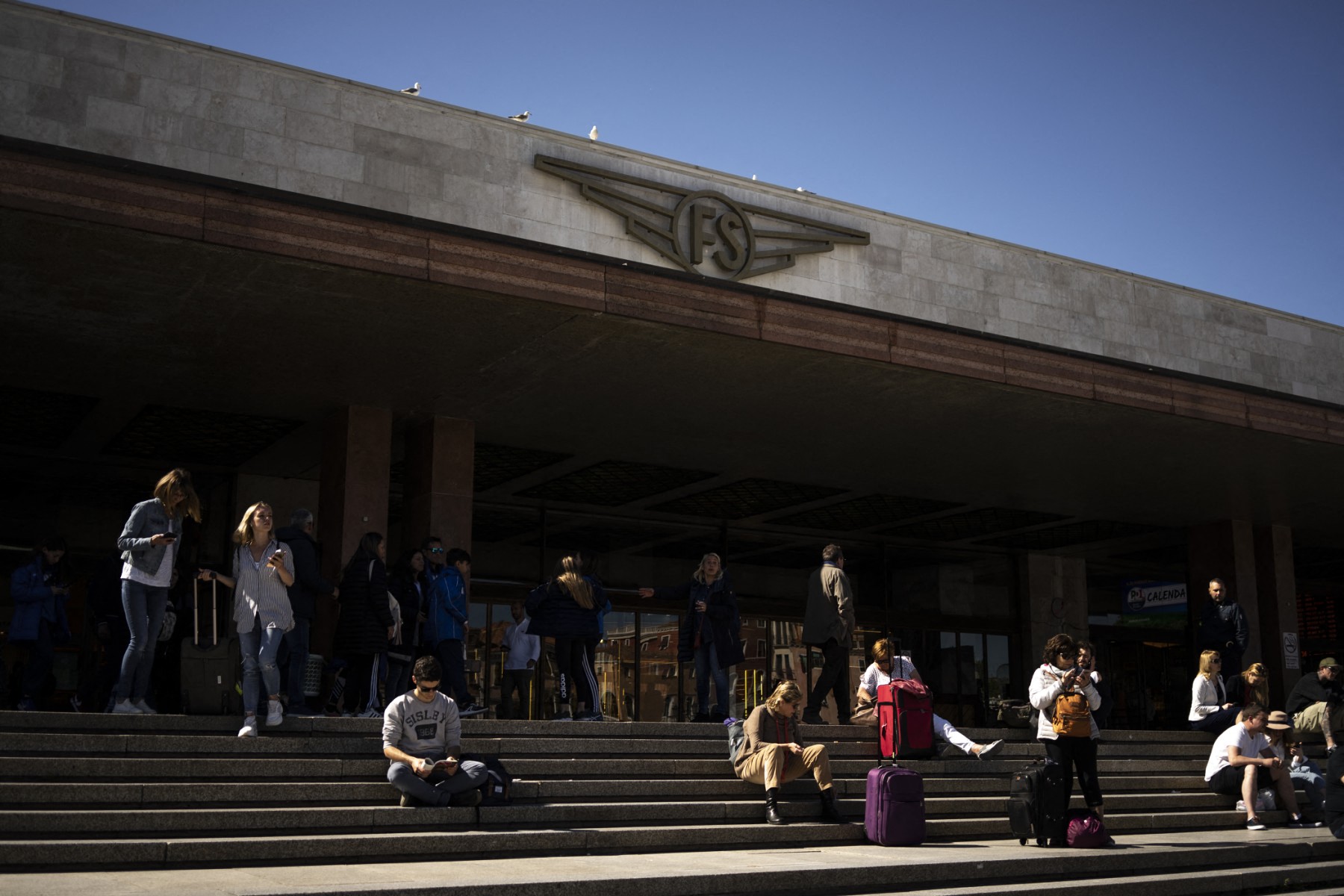As of May 18th, Italy has dropped restrictions that required residents to 'self-certify' their reasons for leaving the house – but limits remain on travelling between Italian regions, which is only allowed for urgent work or health reasons, to return to your place of residence, or in emergencies.
READ ALSO: Everything that changes in Italy from May 18th
Interregional travel will remain restricted until June 3rd, according to the government's latest decree.
For as long as restrictions remain in place, you can be stopped by police and asked to fill out a form to justify why you're crossing regional borders.
The latest version of the form
Here's the updated version of the form released by Italy's Interior Ministry on May 18th:

Hardly anything has changed since the government last updated the form on May 4th, just a reference to a decree that has since been replaced by another.
In fact, the Interior Ministry says you can continue to use a copy of the previous form and simply cross out the part that no longer applies.
Here's what that should look like:

The form is available to download here.
Police officers can supply you with a copy of the form to fill out if you don't already have one, the Interior Ministry states.
How do you fill out the form?
The form is essentially an official declaration that you haven't tested positive for Covid-19 and aren't subject to quarantine; that you're aware of the national and regional travel restrictions in force; that the information you provide is true; and that you understand that making a false claim is punishable by law.
It asks for the following information (in order):
- Full name
- Date of birth
- Place of birth
- Where you're officially resident
- Where you're currently living/staying (which can be different to your official residence)
- Form of ID (e.g. passport, ID card)
- ID number
- Telephone number
- Where you're departing from
- Where you're going to
- Region you're departing from
- Region you're travelling to
- The circumstances for travel as permitted under the relevant regional rules
- Reason for travel: work; emergency; necessity; health
- Details of reason for travel
- Date, time and place you're handing in the form
- Signature
The form should be filled out in Italian. Ask someone to help you if you're not sure what to write.




 Please whitelist us to continue reading.
Please whitelist us to continue reading.
Member comments